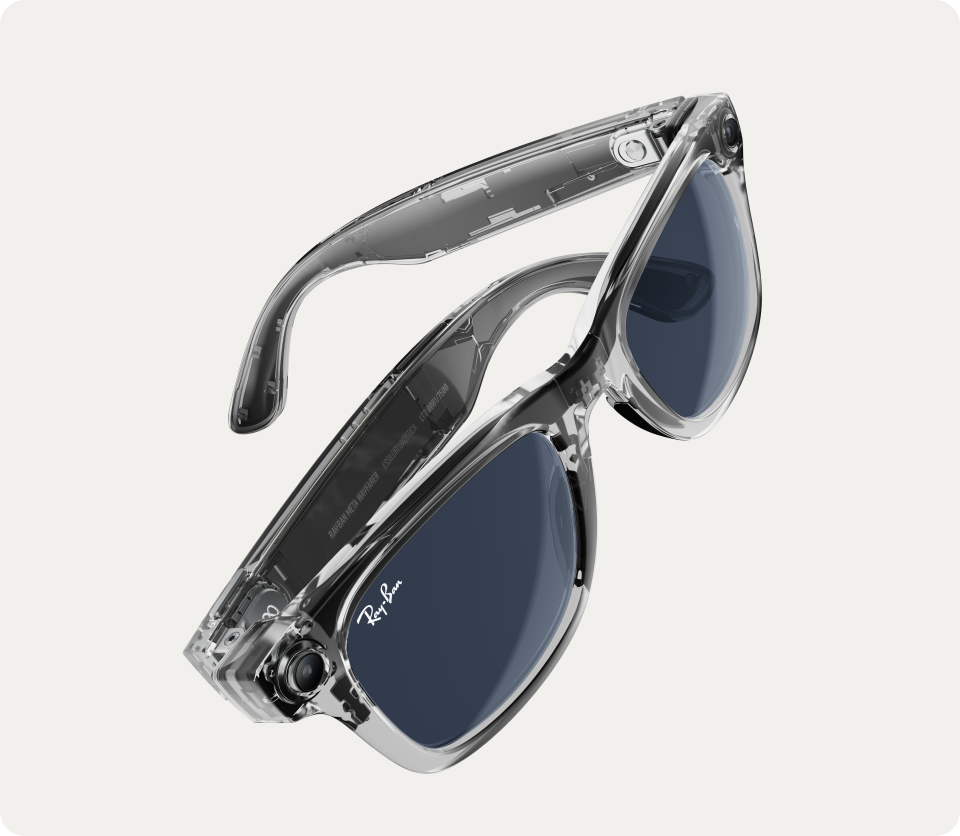Privacy worry? Students demo how Meta Smart Glasses can use facial recognition tech to instantly dox people’s identities
Two students at Harvard university in the United States have triggered privacy worries after showing how easy wearable devices, coupled with AI, can identify random strangers in real-time.
The two students, AnhPhu Nguyen and Caine Ardayfio, posted a video on X (formerly Twitter), of them using Meta smart glasses when out in public, and utilising the built in camera to livestream video footage to Instagram.
A computer program called I-XRAY then monitors that stream and uses AI to identify faces. Those photos are then fed into public databases to find names, addresses, phone numbers, and even the names of relatives. All of that data is then fed back to the user via a phone app.
Are we ready for a world where our data is exposed at a glance? @CaineArdayfio and I offer an answer to protect yourself here:https://t.co/LhxModhDpk pic.twitter.com/Oo35TxBNtD
— AnhPhu Nguyen (@AnhPhuNguyen1) September 30, 2024
I-XRAY demo
The students were able to identify several classmates, their addresses, and names of relatives in real time.
Image credit Meta Platforms
But more unsettling, the video showed them approaching complete strangers on public transportation, and pretending to know them based on the information delivered by the program.
This of course has prompted privacy and doxing worries.
Doxing is the practice of searching for and publishing previously private personal information about an individual or organisation, such as a home address or telephone number. It is often associated with malicious intent such as harassment or stalking.
The two students in a document explaining the project, pointed out it began as as a “side project”, but “I-XRAY quickly highlighted significant privacy concerns.”
“The purpose of building this tool is not for misuse, and we are not releasing it,” they wrote. “Our goal is to demonstrate the current capabilities of smart glasses, face search engines, LLMs, and public databases, raising awareness that extracting someone’s home address and other personal details from just their face on the street is possible today.”
It should be noted that Meta cautions users against abusing the Ray-Ban glasses in its privacy policy.

Google Glass
This is not the first time that privacy concerns have been raised about wearable technology, and especially smart glasses.
Google Glass was perhaps one of the first truly wearable devices (being over a decade old) and is still one of the widely recognised.
![]()
In early 2012 Google co-founder Sergey Brin was spotted in San Francisco sporting the Google Glass, which were augmented reality glasses that provided users with an in-your-face heads up display (HUD) offering information about the weather, messages from friends, or directions around town.
![]()
Google Glass was first sold to developers and early adopters in 2013 for $1,500 and it also featured a front-facing camera.
But soon concerns over the safety and privacy of the devices began to hinder its mainstream adoption, with Google Glass in particular coming under scrutiny from US lawmakers on several occasions.
Matters were not helped by its high purchase price (it cost £1,000 in the UK in 2014).
Google then took the decision in 2015, after lacklustre reception to the comical appearance of the wearable device, coupled with the privacy issues, to halt production of its smart glasses for the consumer sector.
![]()
Glass Enterprise
However Google did continue selling it for enterprise and business use, with Glass Enterprise being the successor to Google Glass.
Google released a new $999 Google’s Glass Enterprise Edition 2 of the wearable in May 2019.
![]()
But in March 2023 Google announced it halting sales of Glass Enterprise, discontinuing the last remaining element of Google Glass.
